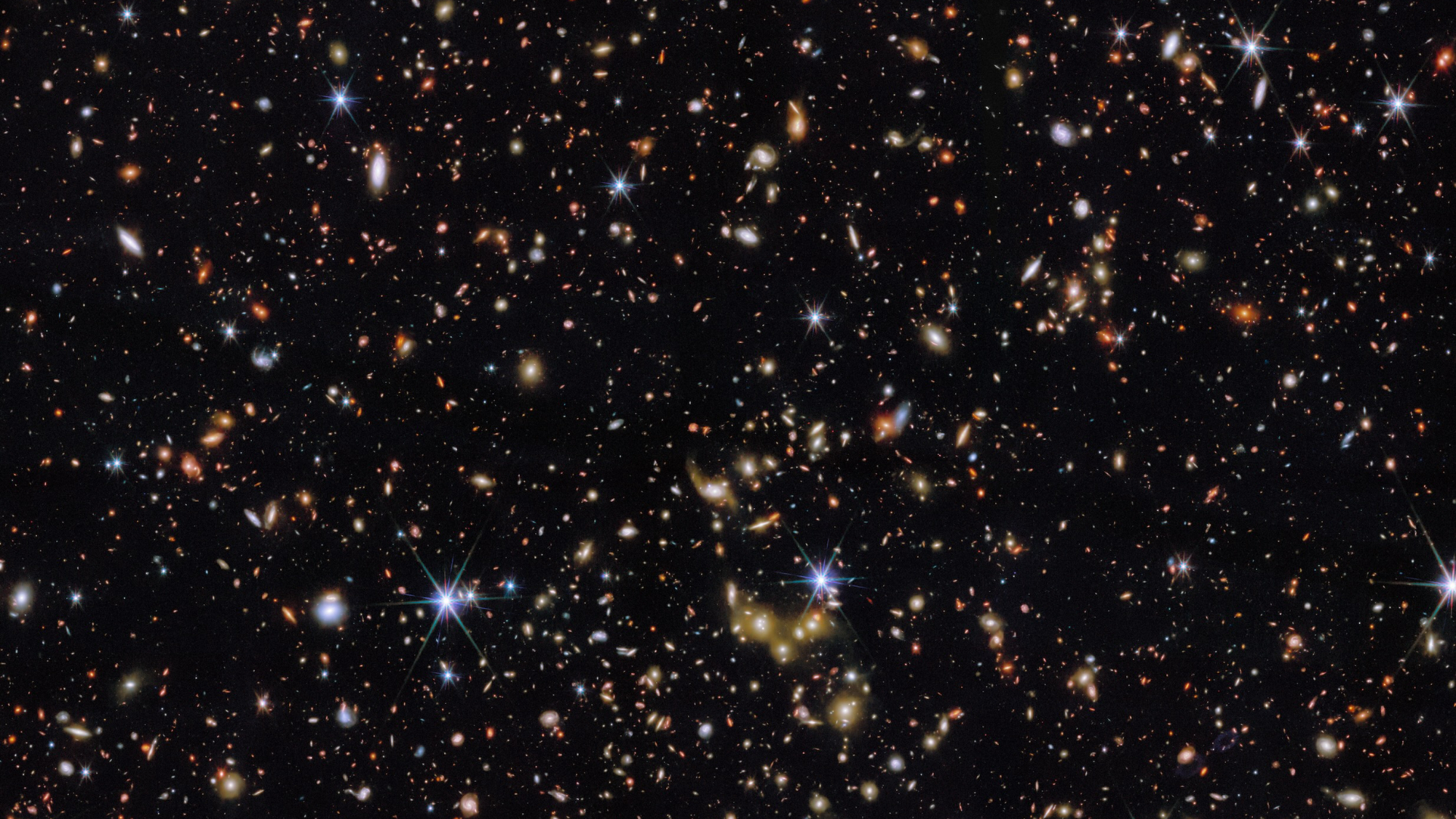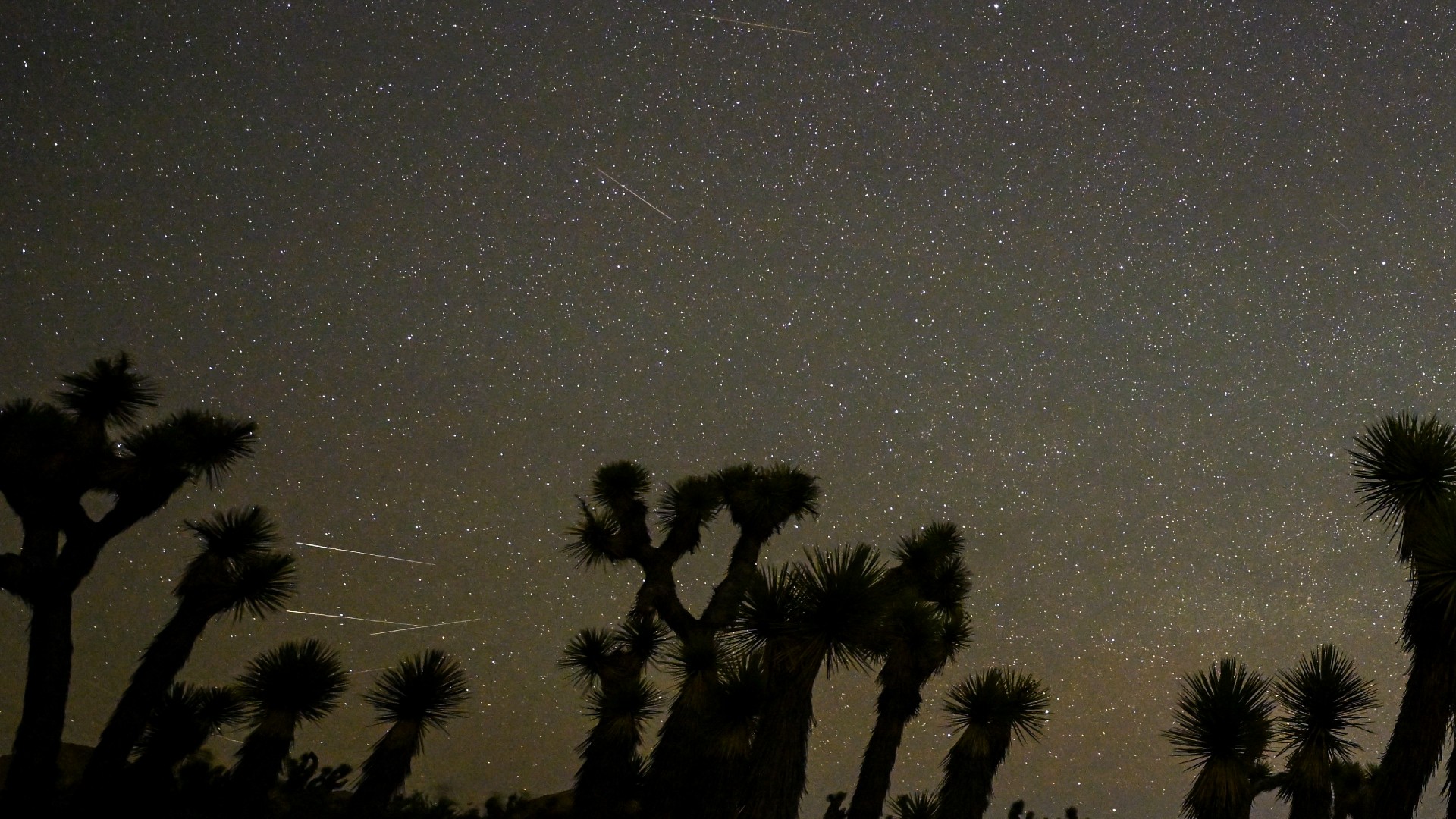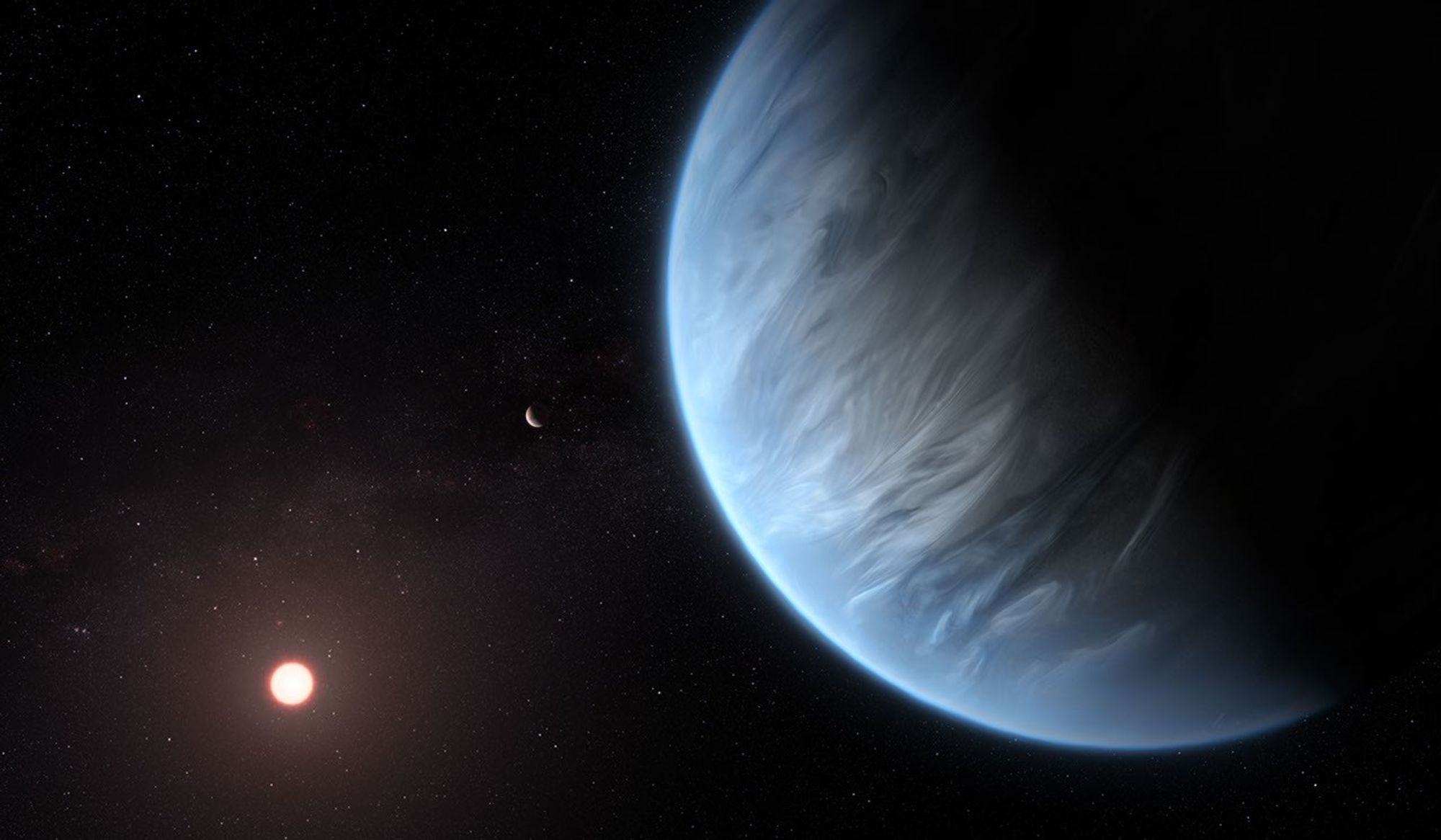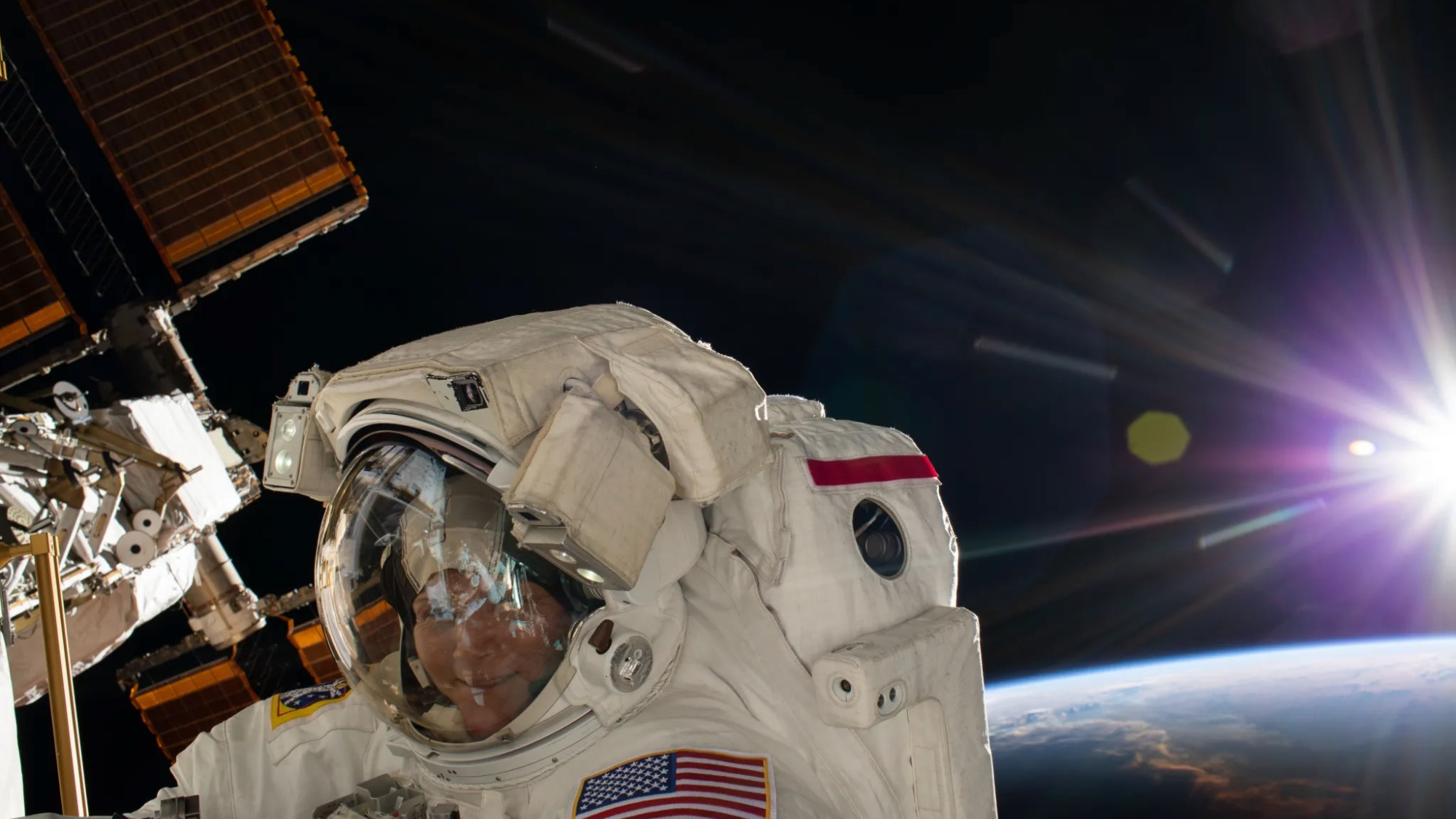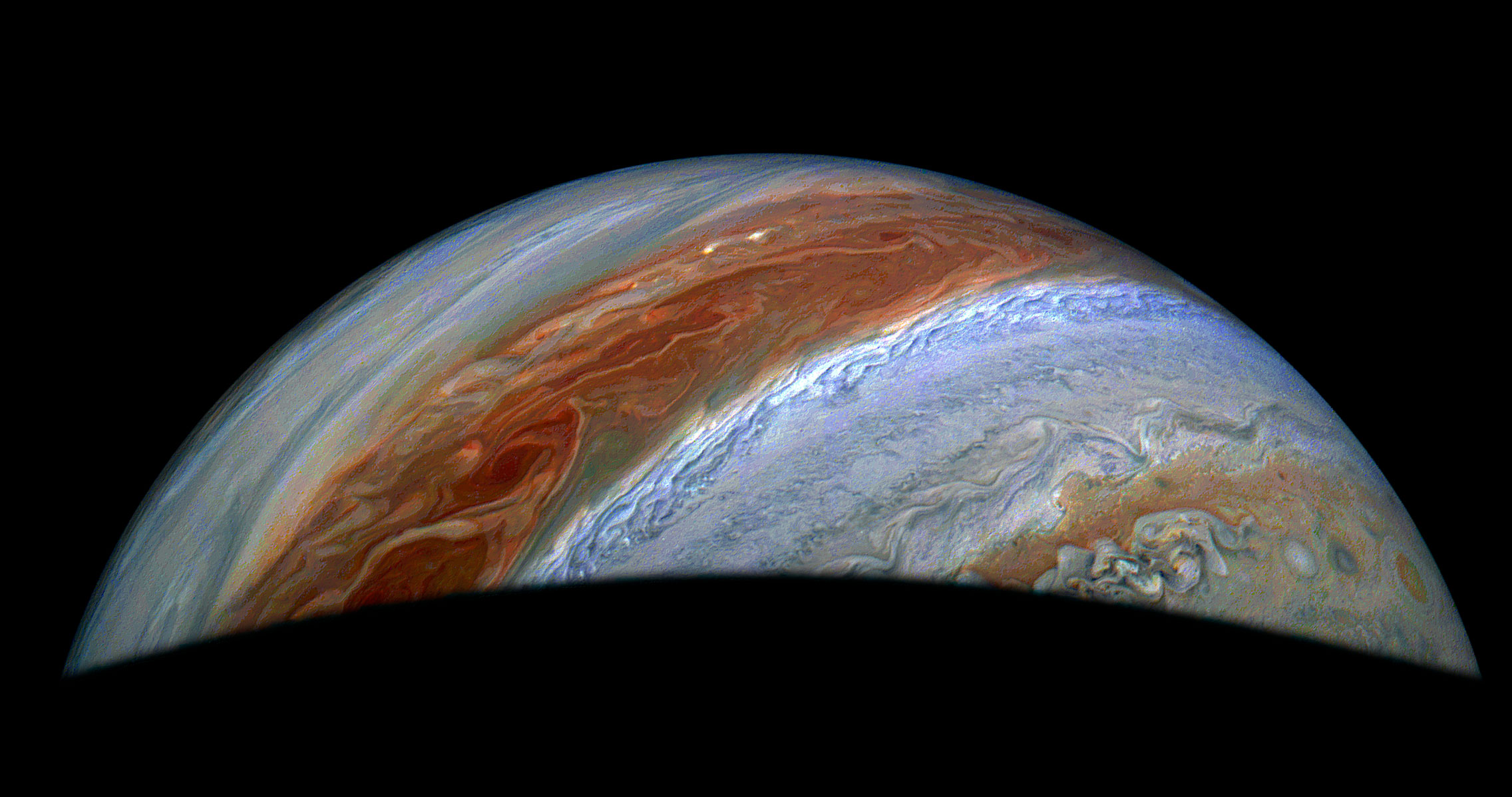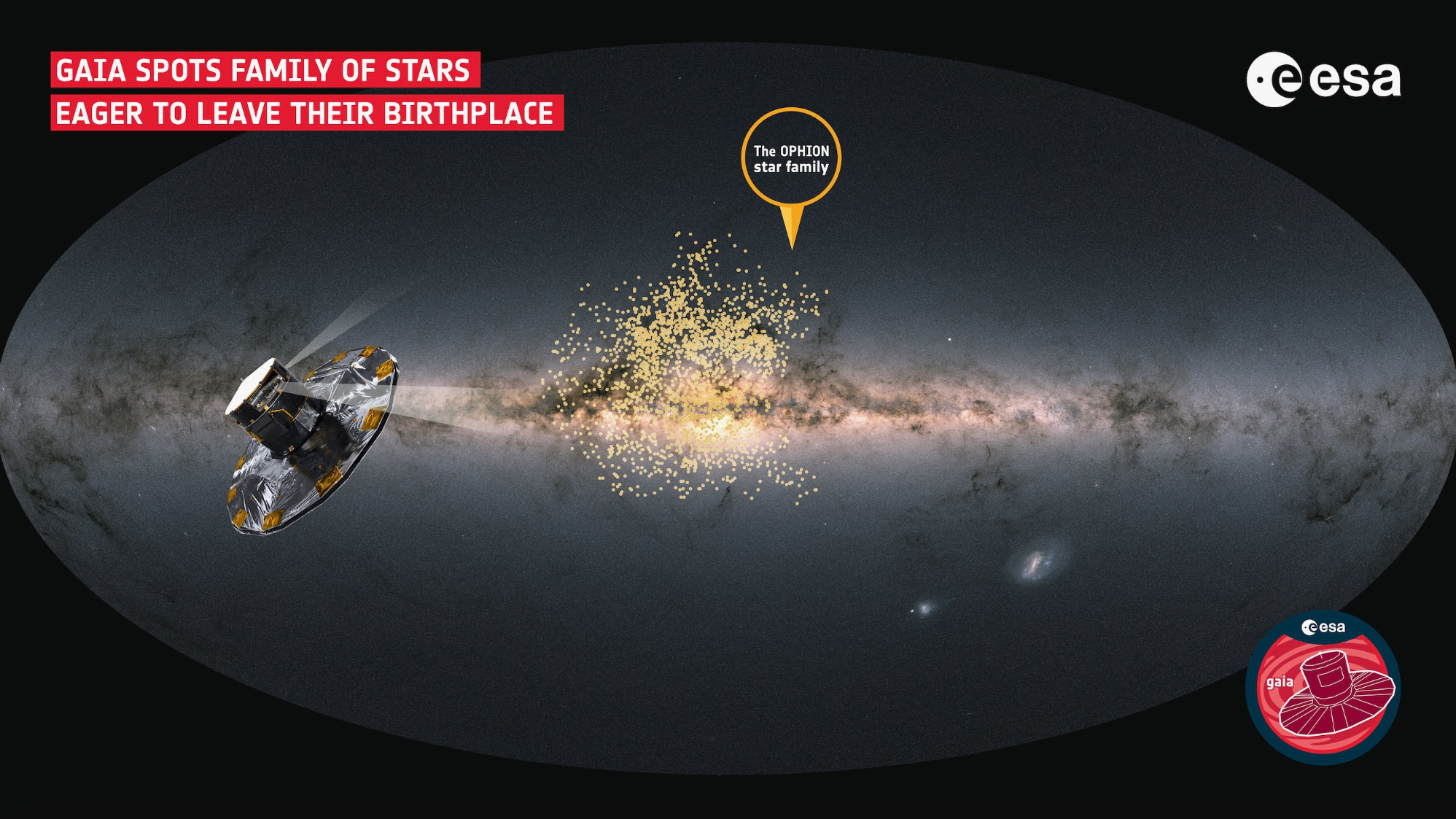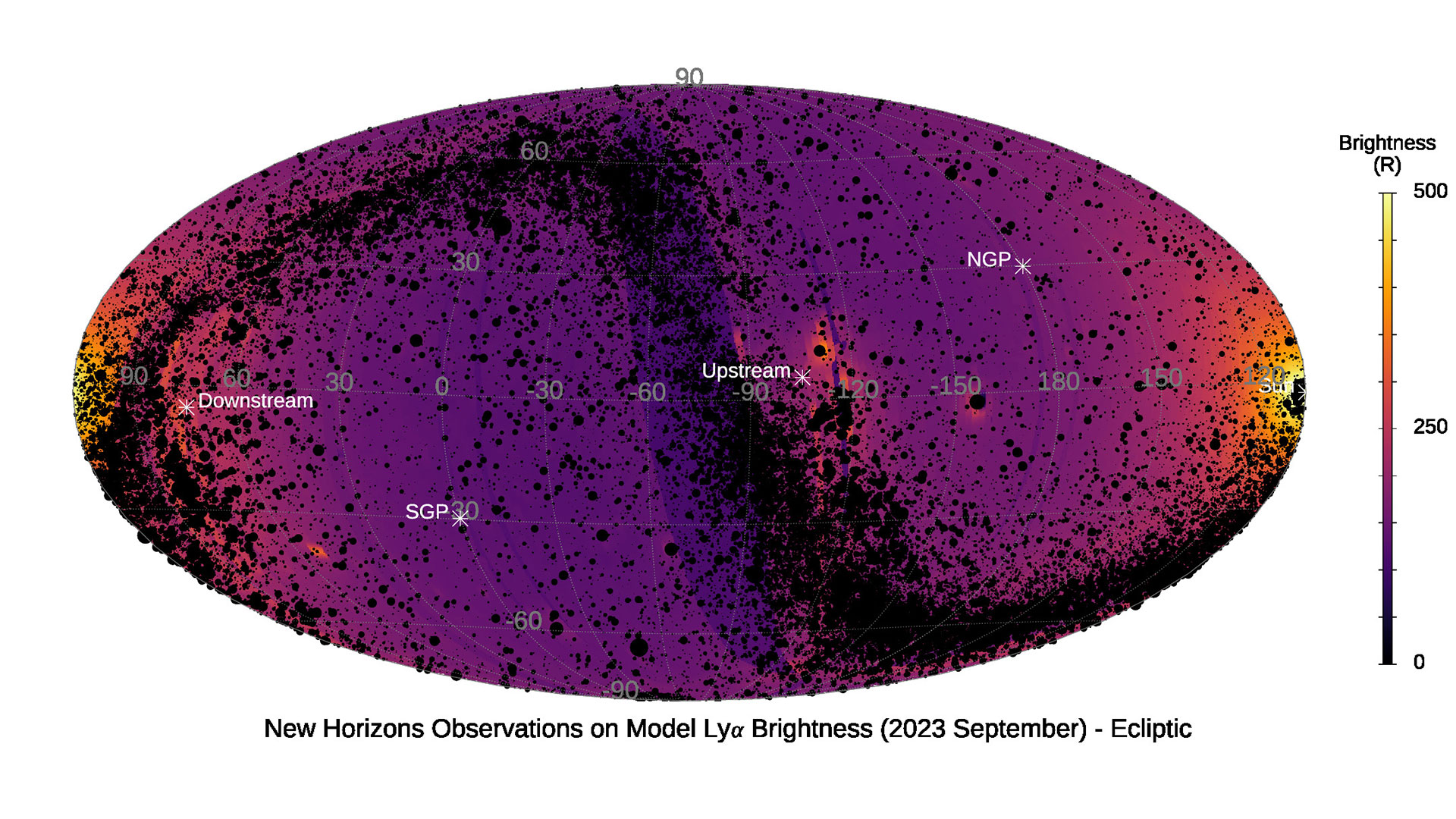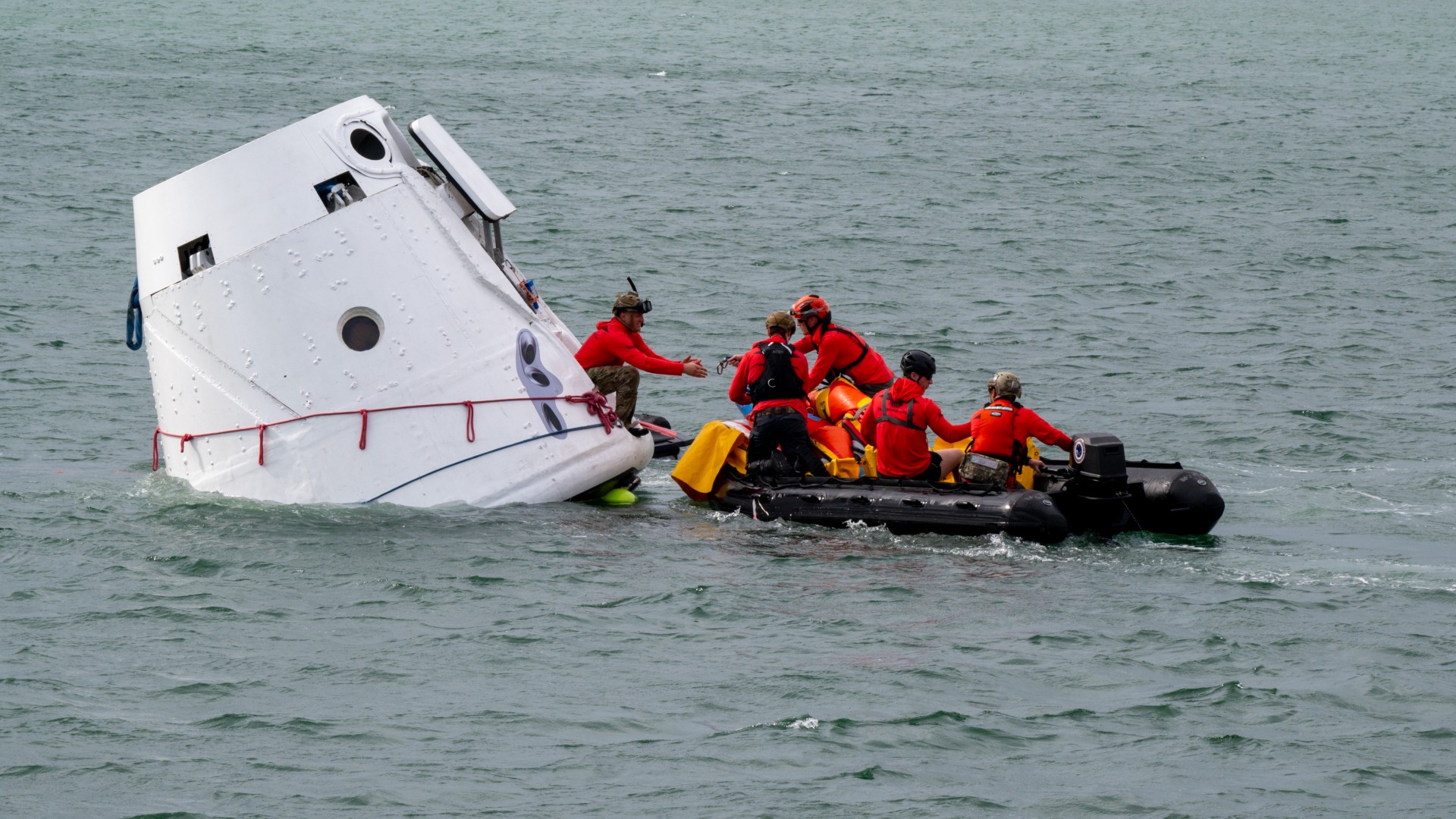Capitalism on Mars? Nat Geo's 'Mars' Season 2 Premiere Parallels Frontier Struggles on Earth
Tonight (Nov. 12), National Geographic’s "Mars" series returns for a second season with a captivating premiere. This first episode reflects the real-life issues that may arise when private corporations try to turn a profit on the Red Planet. The episode also shows how capitalist pursuits on Earth in the Arctic might mirror our projected future in space.
The series combines dramatic storytelling with documentary-style interviews and filmmaking to show how our projected future on Mars parallels challenges we face here on Earth. The premiere episode of this series includes interviews with Mars experts including Neil deGrasse Tyson, Andy Weir, Elon Musk and Kim Stanley Robinson.
The seasons’ premiere episode reminds viewers of the dramatic conclusion where the first season left off. From the show’s first season, “Mars” has already proven to be a difficult place to live — to put it lightly. The inaugural crew has faced loss, psychological distress, and so much more on the Red Planet. But this new season promises to dive even deeper into these issues. [Living on 'Mars 2': The Real Tech Behind Nat Geo's Martian Colony]
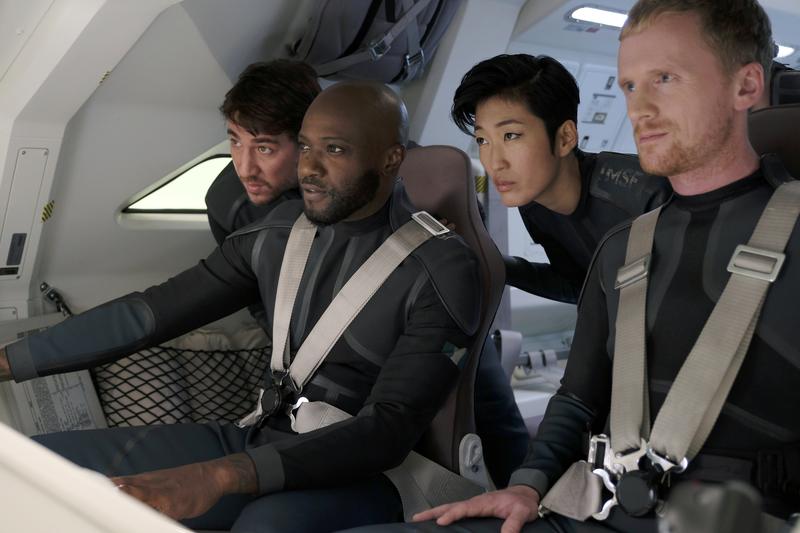
In this first episode, the residents of Olympus Town quickly realize that life for them will be different once Lukrum, a private corporate mining operation, touches down on Mars to mine and sell Martian resources. When government and private space enterprises collide, resources, political action, and so much more are thrown up into the air. But, while this makes for a compelling drama, the integration of private enterprise in space exploration is very much rooted in reality.
Today, private companies like SpaceX and Boeing are working to launch the first crewed commercial missions into space. Government space agencies are no longer alone in the pursuit to travel to and explore outer space. And, as the dramatic storyline in “Mars” Season 2 shows, commercial enterprise on the surface of Mars raises some concerns.
As the first episode of "Mars" Season 2 shows, there will likely be those who land on the surface of Mars not for the purpose of exploration or scientific advancement. Some will likely travel to Mars simply to turn a profit. The episode also shows how, on Earth, humans similarly transitioned from exploring to commercially exploiting the Arctic with offshore drilling.
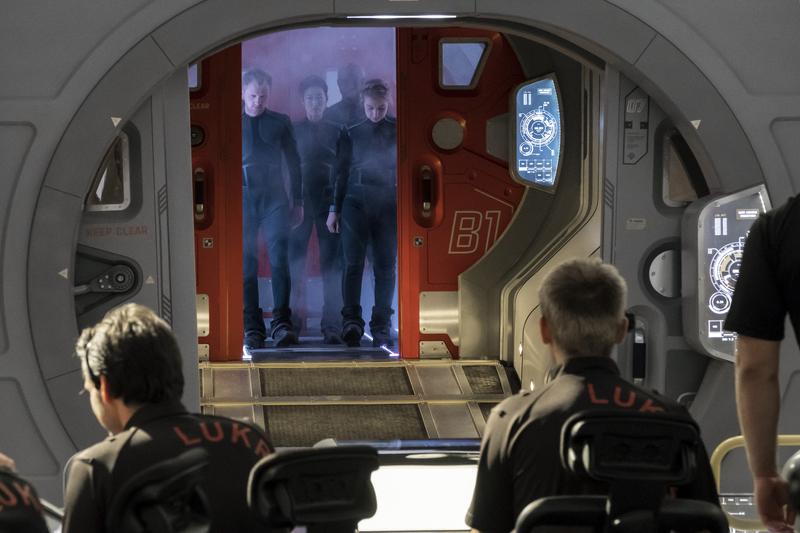
The Arctic was once almost impossible to reach — a harsh and unforgiving far-off destination. But, as explorers and scientists stretched into the Arctic to learn about it, commercial enterprise soon followed. Today, political activists and government agencies push back and forth over whether or not corporations should be allowed to drill offshore in the arctic. This pushback stems from the fact that the fuel in the Arctic can only be harvested with severe environmental cost.
Get the Space.com Newsletter
Breaking space news, the latest updates on rocket launches, skywatching events and more!
"Mars" Season 2 shows how exploration, science and capitalism have collided here on Earth and what the might look like on Mars. As commander Hana Seungstates in season 2’s premiere episode about life on Mars: "coexistence may prove just as challenging as it does on Earth."
Follow Chelsea Gohd on Twitter @chelsea_gohd. Follow us @Spacedotcom, Facebook and Google+. Original article on Space.com.
Join our Space Forums to keep talking space on the latest missions, night sky and more! And if you have a news tip, correction or comment, let us know at: community@space.com.

Chelsea “Foxanne” Gohd joined Space.com in 2018 and is now a Senior Writer, writing about everything from climate change to planetary science and human spaceflight in both articles and on-camera in videos. With a degree in Public Health and biological sciences, Chelsea has written and worked for institutions including the American Museum of Natural History, Scientific American, Discover Magazine Blog, Astronomy Magazine and Live Science. When not writing, editing or filming something space-y, Chelsea "Foxanne" Gohd is writing music and performing as Foxanne, even launching a song to space in 2021 with Inspiration4. You can follow her on Twitter @chelsea_gohd and @foxannemusic.
